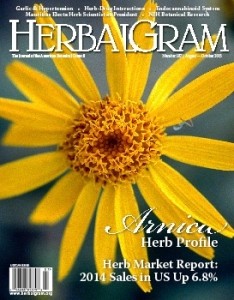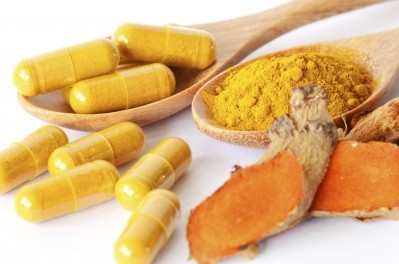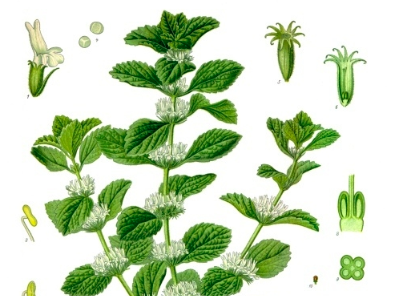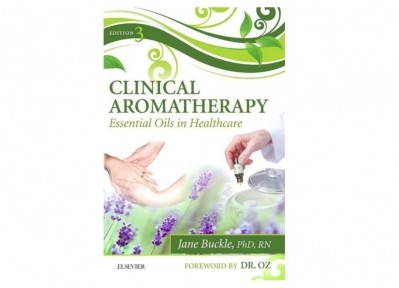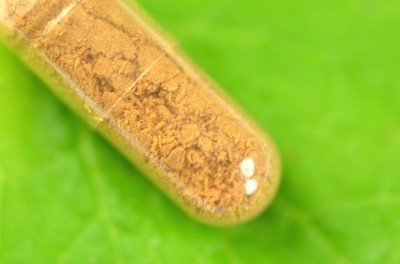ABC report shows US herbal supplement sales rose 6.8% in 2014
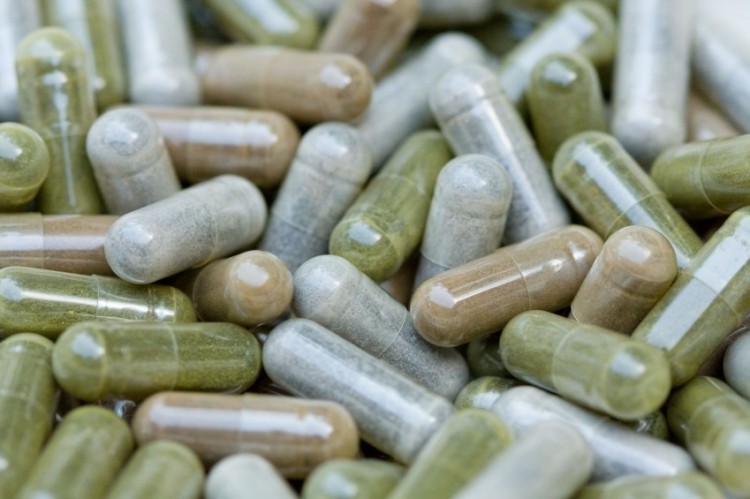
A new market report, contained in full in HerbalGram, ABC’s periodical publication, compiled data from several sources to show that the estimated total for US sales in 2014 was $6.4 billion.
As has been seen in the earning statements of the some the major brick-and-mortar firms such as GNC, sales in the mainstream market channel — which includes retail outlets such as food, drug, and mass-market stores, plus club and convenience stores — have continued to grow, but at a very modest pace. Sales increased an estimated 2.1% over 2013 sales according to the report.
Sales in natural and health food stores rose by a stronger estimated growth of 5.2%. And the truly hot growth was in the other channels captured in the report, including professional sales and direct to consumer, according to Mark Blumenthal, ABC’s executive director. 2014 marks the eleventh consecutive year of increased herbal supplements sales, according to data from previous HerbalGram herb market reports, he said.
“We have seen a consistent increase in sales over the past 11 years,” he said. “Consumers continue to demonstrate their interest and confidence in botanical dietary supplements for a wide variety of health reasons.”
Natural consistently performs better
Blumenthal said he had no hard data to support why sales in the natural channel consistently outperform the mass market. But he speculated that it had to do with the entrepreneurial nature of channel, and the nature of the consumer base.
“It’s possible that it has to do with new companies coming into the market. There has been a lot of inventiveness in the natural channel. We see this at every trade show. And among the consumers you have a lot of early adopters,” he said.
The annual HerbalGram herb market report is based on herbal supplement sales statistics from the Nutrition Business Journal (NBJ) and market research firms SPINS and IRI. The report covers only retail sales of herbal dietary supplements and does not reflect the sales of most herbal teas, botanical ingredients used in natural cosmetics, or government-approved herbal drug ingredients in over-the-counter medicines.
Turmeric leads the way in natural
SPINS calculated sales of botanical dietary supplements in natural and health food stores to be $330 million an increase of 5.2% over 2013 sales in this channel. The SPINS figure does not include sales from the United States’ largest natural foods chain store, Whole Foods Market.
The best selling herb in the natural channel in 2014 was turmeric/curcumin (Curcuma longa) according to SPINS. This was the second year in a row the botanical had attained the top selling rung, according to the research firm. Sales of the ingredient increased 30.9% over 2013. In 2011 and 2012, turmeric was the third top-selling herbal supplement in natural and health food stores.
The other four of the top-five selling hers were wheatgrass and barley grass (Triticum aestivum and Hordeum vulgare, respectively); flaxseed and/or flax oil; aloe vera (Aloe vera); and spirulina/blue-green algae (Arthrospira spp.).
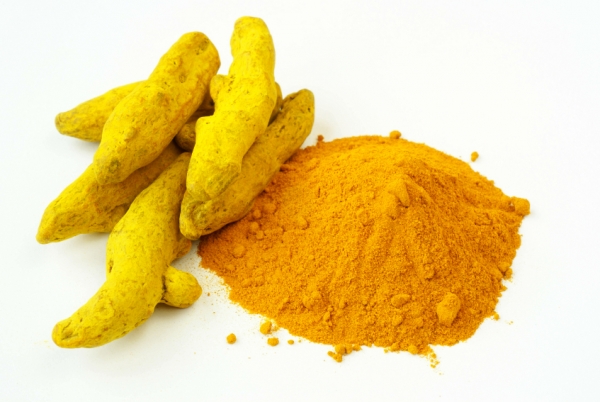
Throat lozenges drive mainstream sales
Schaumburg, Illinois-based SPINS and Chicago-based IRI collaborated to present a combined report, with market channel coverage including food, drug, and mass-market retailers as well as military commissaries, select buyer’s clubs, and so-called dollar stores. (The collaborative SPINS/IRI reporting does not include convenience store sales.) In the mainstream multi-outlet channel, SPINS/IRI reported total sales of $802 million for botanical dietary supplements in 2014 — an increase of 2.1% over 2013 sales.
NBJ — which includes convenience store data in its mass-market channel — estimated slightly higher sales of $1.12 billion.
According to SPINS/IRI, the top-selling herbal supplements, as coded by primary ingredient, in the mainstream multi-outlet channel in 2014 were horehound (Marrubium vulgare), a key ingredient in throat lozenges; cranberry (Vaccinium macrocarpon), popular primarily for its claimed benefit of supporting urinary tract health; echinacea (Echinacea spp.), which enjoys widespread use during cold and flu season; black cohosh (Actaea racemosa), a popular aid to manage menopausal symptoms; and flax or flaxseed oil (Linum usitatissimum), a source of plant-based omega-3 fatty acids used in the management of a variety of conditions, including high cholesterol and heart disease.
